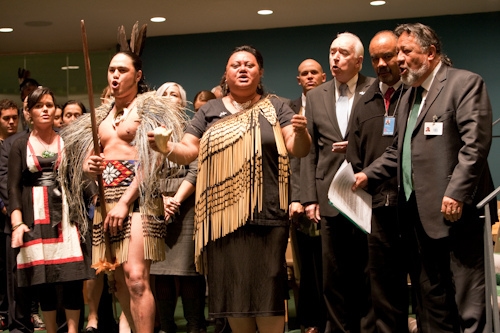Ottawa – Tyrone McNeil, First Nations Education Steering Committee (FNESC) President; Stephanie Atleo, First Nations Education Authority (FNEA) President; the Honourable Gary Anandasangaree, Minister of Crown–Indigenous Relations; and the Honourable Rachna Singh, British Columbia’s Minister of Education and Child Care, issued the following statement:
“We are honoured to announce the signing of three new Education Jurisdiction Agreements in British Columbia by Canim Lake Band, Ditidaht First Nation and Sḵwx̱wú7mesh Úxwumixw (Squamish Nation). These Nations join ʔaq’am, Cowichan Tribes, Lil’wat Nation, and Seabird Island – the first four Nations to complete a school year under their own jurisdiction agreements. Through the conclusion of these self-government agreements, the Participating First Nations now have recognized law-making authority over Kindergarten-Grade 12 education on their lands.
Participating First Nations are able to direct their own education systems to best meet the needs of their students and communities. Implementing these Education Jurisdiction Agreements recognizes the First Nations’ inherent rights of self-determination and self-government. These agreements support Participating First Nations in exercising control over their education on their lands instead of being subject to changes in federal policy, as well, sections 114 to 122 of the Indian Act will no longer apply to the Participating First Nations after they have passed a First Nation Education Law.
July 1, 2023 marked the first anniversary of the establishment of the First Nations Education Authority (FNEA). FNEA assists Participating First Nations in developing their capacity to provide education on First Nation land and exercises authority delegated by Participating First Nations. FNEA also assists with certification processes for schools operated by the First Nations and for some teachers in those schools.
FNEA and the Province have also signed a Coordination Agreement, which outlines how the Province will support FNEA with the implementation of teacher certification and regulation under First Nations jurisdiction by providing investigative and advisory assistance at the request of FNEA. The Province worked closely in collaboration with FNESC and FNEA on the co-development of legislative changes to support the Coordinated Authority and the implementation of education jurisdiction.
This year, we have collectively replaced the Education Jurisdiction Framework Agreement (EJFA) to better reflect the changing landscape of education jurisdiction in British Columbia now that Education Jurisdiction Agreements are being implemented by Participating First Nations and FNEA has become operational. The discussions over education jurisdiction in British Columbia have been underway for over 20 years. The first milestone to be reached was a Memorandum of Understanding signed in 2003, which set the stage for the negotiations that followed. Throughout these negotiations, First Nations in British Columbia have been working with FNESC, a policy and advocacy organization that represents and works on behalf of First Nations in British Columbia, to advance their vision of education self-determination.
This achievement is a significant milestone towards realizing First Nations’ right to establish and control their education system and institutions, as affirmed by the United Nations Declaration on the Rights of Indigenous Peoples and as recognized under section 35 of the Constitution Act, 1982.”








